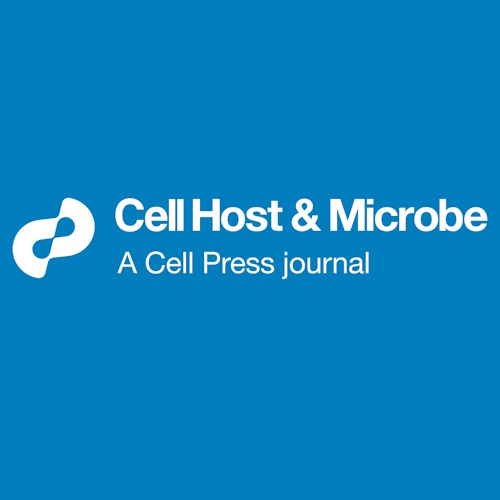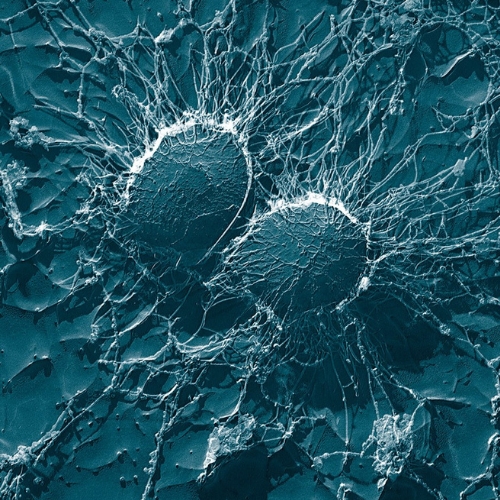Key points from article :
232 milllion estimated genes in the collective human microbiome.
Analyzed the DNA of 3,500 human microbiome samples, 1,400 from mouths, 2,100 from guts.
Nearly 46M bacterial genes found, more than half (23M) occurred only once.
These genes unique to the individual termed as "singletons".
They behave differently from other genes and performed different functions.
Profiling unique genes of person's microbiome could act as a form of microbial fingerprinting.
Two important drivers of genetic variation in bacteria, identified.
One is the horizontal gene transfer or the free swap of DNA material.
Second, ability to evolve DNA rapidly in response to changes in host environment.
Research by Harvard Medical School and Joslin Diabetes Center.
Published in Cell Host & Microbe.






